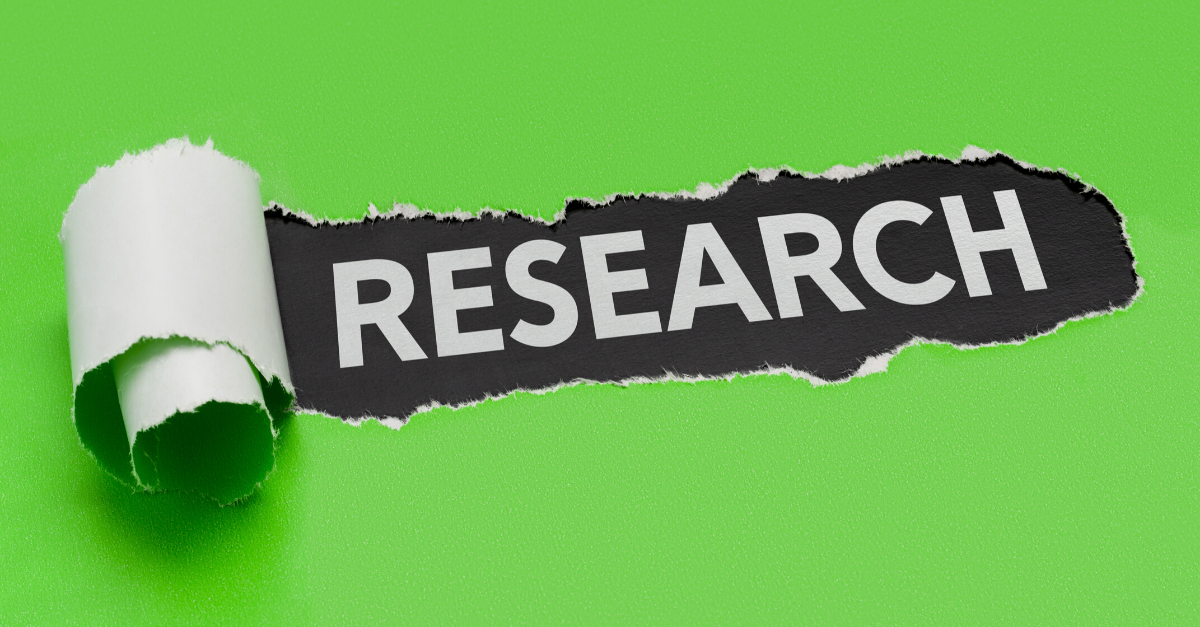|
Since I'm graduating from Portland State University this weekend with an MA in Book Publishing during a time of social revolution, I wanted to share with everyone my final research paper (not a thesis, but close enough) that was based around understanding the role authenticity readers play in the editorial process and how to best incorporate them into Ooligan Press. The role of an authenticity reader (re: sensitivity reader, targeted beta reader) is often controversial for many reasons, but I want to underscore the reason that I believe their work is so crucial: they augment authenticity within manuscripts and reduce the perpetuation of harmful negative stereotypes that directly impact marginalized communities. I do not believe that authenticity readers are THE solution to the inequality in book publishing, nor do I believe they are a band aid solution. I believe they are a tool that both authors and editors should incorporate into their processes as a crowd-sourcing method of fact checking, especially fictional content. If authors are writing outside of their own lived experiences, they need to do their research. They need to do A LOT of research. If editors are acquiring "diverse" books that are not Own Voices, they need to do their due diligence and ensure that these manuscripts are not actively harmful to depicted communities. In both cases, writers and editors need to ask themselves if the writer is the best person to tell that story. Writers need to be critically examining whether they are occupying space in the industry that could otherwise be allocated to a BIPOC or a member of the LGBTQ+ community or someone with that lived experience. It is a moral question and it is one that we should absolutely be asking ourselves every time we sit down to write. This doesn't mean you have to stop yourself from writing. But it does mean you need to be highly aware of the optics and the privilege of trying to get that work published. You can write whatever you want. But the publishing industry is a cultural medium and representation in the industry matters. It always has. Own Voices is another tool to clear out space for marginalized voices in the publishing community, a more powerful and effective tool than authenticity reading. In my opinion - the controversy around this aspect of the editorial process is manufactured. Authenticity readers are not cultural gatekeepers because acquisitions editors and publishing houses and marketing departments already do that work. The perceived threat lies solely in the idea that marginalized communities might actually get A VOICE in the process and that it might be corrective to white, cis-hetero authors who dominate the market share of the industry. The threat is a perceived one and it exposes another ugly layer to the truths that have been unveiled over the last few weeks as the Black Lives Matter movement has gained national and global prominence. White supremacy is systemic and authenticity readers and BIPOC editors and writers threaten the power of that system. But the use of authenticity readers is not just about Black representation. It's about representation as a whole and the goal is to provide another system of fact-checking for accuracy in depiction, especially in the current framework where we have a dearth of editors of color actually employed in the industry, and a wealth of dominant paradigm writers seeking to incorporate greater diversity into their manuscripts. Abstract Authenticity readers have been utilized at publishing houses and by authors for a decade or more, but their role is arguably growing more controversial. Why is that? Authenticity readers have influence over manuscripts, but they aren’t editors. So what is their ultimate role in the editorial process? Through interviews with authors and editors, as well as a survey of 72 publishing professionals, and an ethnographic case study at Ooligan Press, this research paper seeks to determine where in the editorial process sensitivity/authenticity readers should be involved and how authenticity readers influence the overall editorial process. The result of the collected data is that manuscripts featuring communities that are not part of the authors lived experience should undergo authenticity reads in order to more accurately depict those cultures or communities. The reads should happen before or during the developmental edit. Both authors and editors should take part in employing authenticity readers, and it is suggested that multiple authenticity reads take place. Authenticity reading is not prescriptive, and individual authenticity readers are not wholly representative of their communities. Authenticity readers should not censor a manuscript, nor should they be used to shield it from criticism. Their role is purely to vet a manuscript for inaccurate or stereotypical portrayals. The data compiled in this research was used as the basis for moving forward with formalizing the authenticity reading process for Ooligan Press and developing a database of PSU students and alumni to serve as volunteer readers for future acquisitions.
0 Comments
Leave a Reply. |
AuthorMelinda Jasmine Crouchley, YA supernatural science fiction author and professional editor. Archives
February 2023
Categories
All
|
||||||

 RSS Feed
RSS Feed
